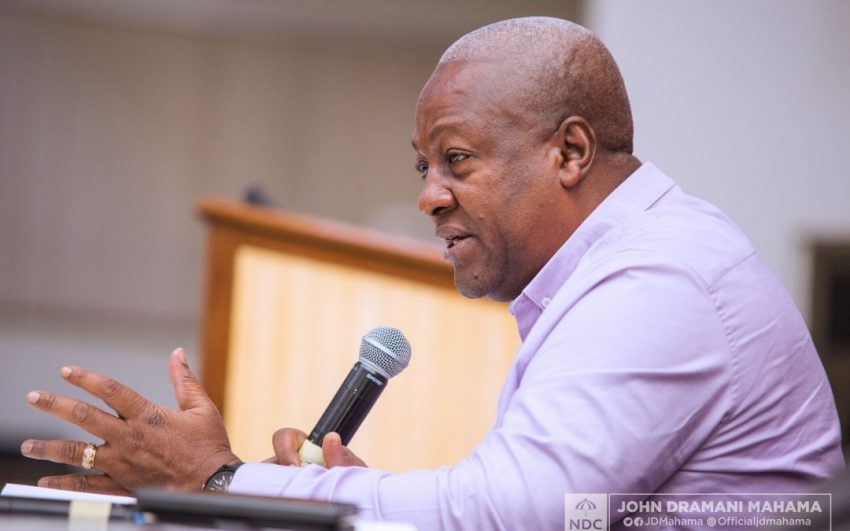Give us 8 weeks to stop upfront ‘talk tax’ deductions – Telcos to Communications Ministry
- Posted on
- Comment
 Mobile Network Operators (MNOs) have asked the Ministry of Communications to give them six to eight weeks to reconfigure their systems to enable them comply with the directive to halt the upfront deduction of the Communications Service Tax (CST).
Mobile Network Operators (MNOs) have asked the Ministry of Communications to give them six to eight weeks to reconfigure their systems to enable them comply with the directive to halt the upfront deduction of the Communications Service Tax (CST).
The MNOs in September started the implementation of the 3 per cent increase in the CST by deducting it upfront. The implementation was met with protest from sections of the public which led to a subsequent directive by the Ministry of Communications to the Telcos to stop the upfront deduction of the tax.
Briefing the press on Monday, the Minister of Communications, Mrs Ursula Owusu Ekuful said failure by the Telcos to comply with the directive would attract punitive measures such as the withdrawal of their licenses.
“All users of goods and services in this country are also required to pay VAT, NHIL and GETFund levy. How are those deducted? Well the Telcos can say that they haven’t been passing on the CST and so they thought that that was the easiest mode in which to do and make it easier to account for.
“They are asking for six to eight weeks to enable them reconfigure their intelligence network systems to be able to apply the tax… and so they should reconfigure their systems and treat it the same way they treat other taxes and levies that they are required to collect and pass unto the tax authorities,” she said.
Withdrawal of license
Mrs Ekuful stressed that government would not tolerate any attempt by the Telcos to impose hardship on Ghanaians through the implementation of the CST, and that, if the Telcos fail to comply by the directive, they would have to forfeit their licenses.
“If they want to continue doing business in this country, they will respect our laws. All of them are multinationals and they know better than to flout the laws of the jurisdictions they operate as sanctions apply to it. We will not countenance this imposition of untold, unwarranted hardships on the people of Ghana.
“Several sanctions attach to failure to comply with the directive including forfeiture of licenses and I don’t think they want to go that route. If they want to continue doing business in this country, they will respect our laws. All of them are multinationals and they know better than to flout the laws of the jurisdictions they operate as sanctions apply to it. We will not countenance this imposition of untold, unwarranted hardships on the people of Ghana,” she said.
Directive not illegal
According to the Communications Minister, the Electronic Communications Act gives the minister the authority to give policy directives to the regulator in the management of the industry and thus she was not interfering in the business of the Telcos.
She said anyone who deemed it as an illegality on her part “can challenge it at the proper forum.”
“I don’t see how this can be an illegal directive. The electronic communications act gives the minister the authority to give policy directives to the regulator in the management of this industry. It doesn’t prescribe the manner in which this policy directive should be given or limit the scope of the policy directives. And so those who are saying that its illegal, I’ll urge them, if they like to challenge it in the proper forum and we will engage them accordingly,” she said.
-Graphic










 (Selorm) |
(Selorm) |  (Nana Kwesi)
(Nana Kwesi)